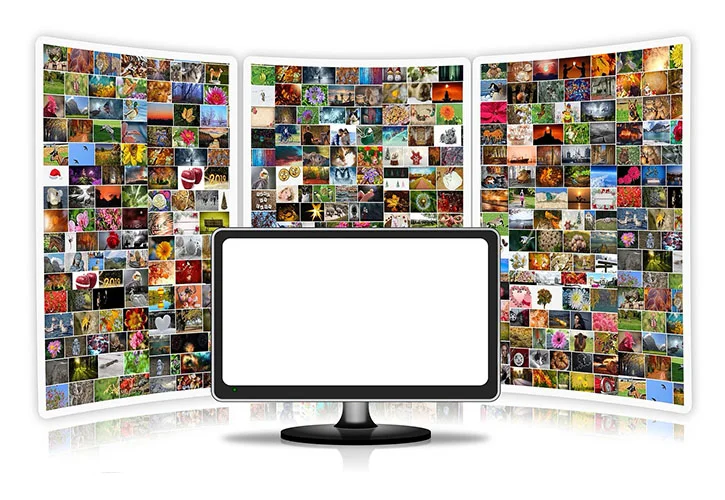If you’ve spent only a few years in marketing or advertising, you’ve most likely stumbled across an article about artificial intelligence and machine learning. They’re often mentioned in the same sentence. And while related, they’re not synonymous.
AI is an umbrella term that centers on enabling computers to perform complex tasks. Quite literally, it’s machine intelligence. The field of AI has expanded—but generally, work concentrates on mirroring the human decision-making process. It’s about using technology to simplify and improve tasks that otherwise need a human to perform.
Machine learning is a function of AI. It uses simulated intelligence to enable systems to iterate and improve on experiences—all without being programmed to do so. Rather than rely on human intervention, machine learning uses statistics to locate patterns in data. It learns through self-improvement. This, of course, is an oversimplification. But bear with us.
What’s all this data, you ask?
From numbers to words to images, if it can be stored digitally, it can be fed through machine learning. The volume of data on the internet is incomprehensible and advertisers have terabytes of the stuff. Not only is data complex, it’s all around you.
Machine learning algorithms are behind your Netflix recommendations, your Google feed, and your Spotify Discover Weekly. These platforms collect data about your viewing, listening, and search habits and use tools to guess what you might enjoy next. Machine learning is also used by advertisers to ensure that targeted, relevant messaging reaches the right people.
How does it all work? According to MIT Technology Review, it’s simple: machine learning is all about finding a pattern and applying the pattern. But when we dig a little deeper, machine learning is the interpretation and analysis of data—and the attempt to improve a specific task.
How do companies use AI in marketing?
Unlike traditional software, AI—and by extension, machine learning—empowers marketers to process massive datasets at scale. While traditional software enables users to see troves of data, it stops there. It does what it’s programmed to do. For example, while your CRM may contain helpful user data, you must manipulate it yourself to make sense of things. On the other hand, AI technology automatically draws conclusions from existing datasets.
Machine learning marketing improves an advertiser’s ability to recognize and interpret patterns. It’s how advertising learns from itself. Machine learning considers all available data at its fingertips—and sets out to accomplish a specific goal. Tools parse massive datasets and present findings that marketers can use to improve campaigns. The more data you throw at machine learning technology, the better it gets at interpreting it. It helps marketers see how ads are performing across channels—and it suggests improvements otherwise unseen by humans.
What is data-driven marketing?
Machine learning has numerous applications in the marketing world. Facebook ad auctions use the tech to determine which people see which ads. Programmatic advertisers use algorithms to identify signals that improve performance optimization. And innumerable machine learning startups have formed to automate specific tasks. Some companies use it to improve research and content production. Others use it to automate email marketing campaigns with purchasing, sharing, and retention data. Finally, sales automation tools use the tech to boost productivity.
Ultimately, machine learning has a specific goal. Whether you’re looking to predict marketing performance, improve ad creative, target more defined segments, or bid on ads more strategically, the benefits of machine learning are spreading by the minute. That’s why it’s easy to wax poetic about the future of machine learning. As marketers, we’re witnessing these transformations in front of our own eyes. If you have enough data, you can benefit from machine learning.
